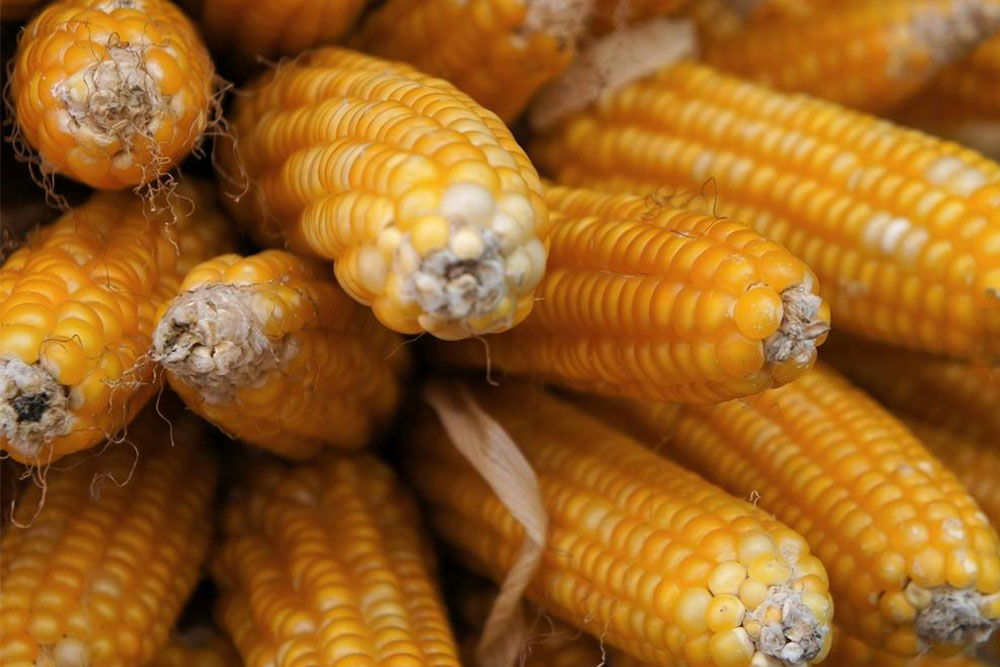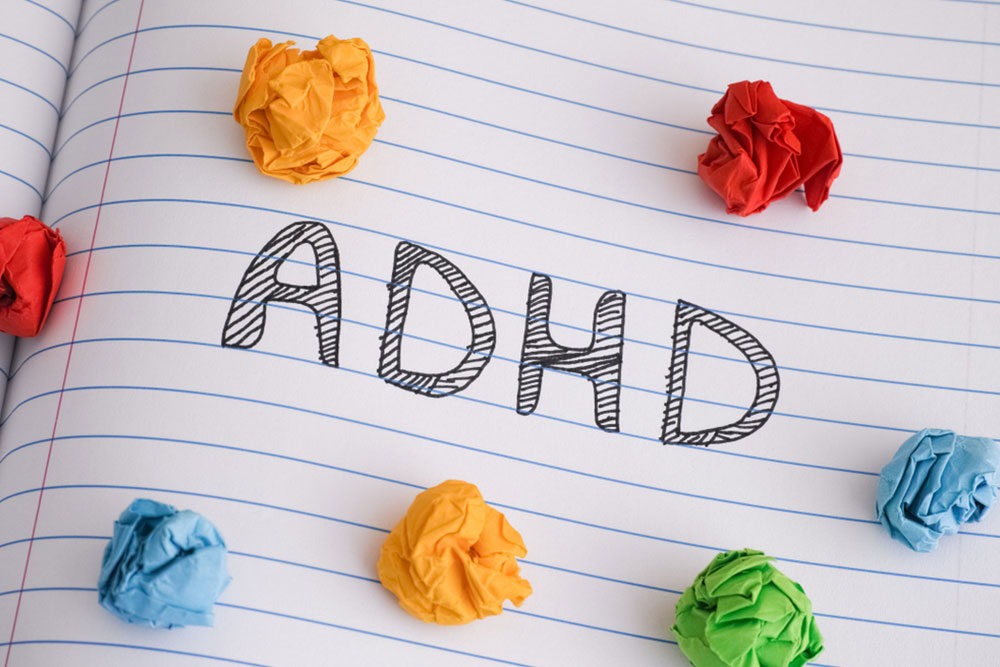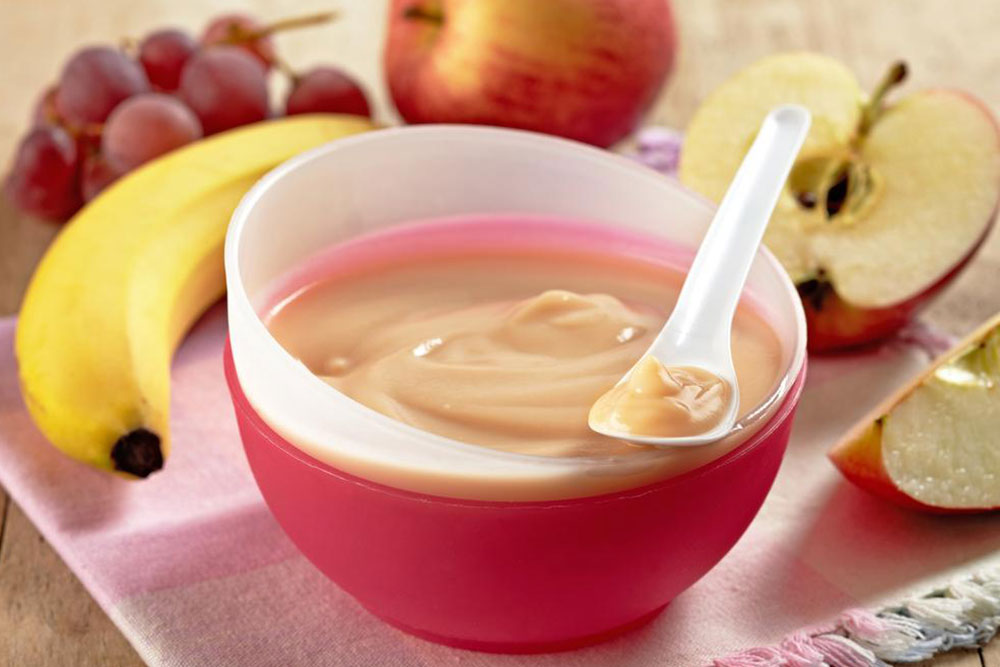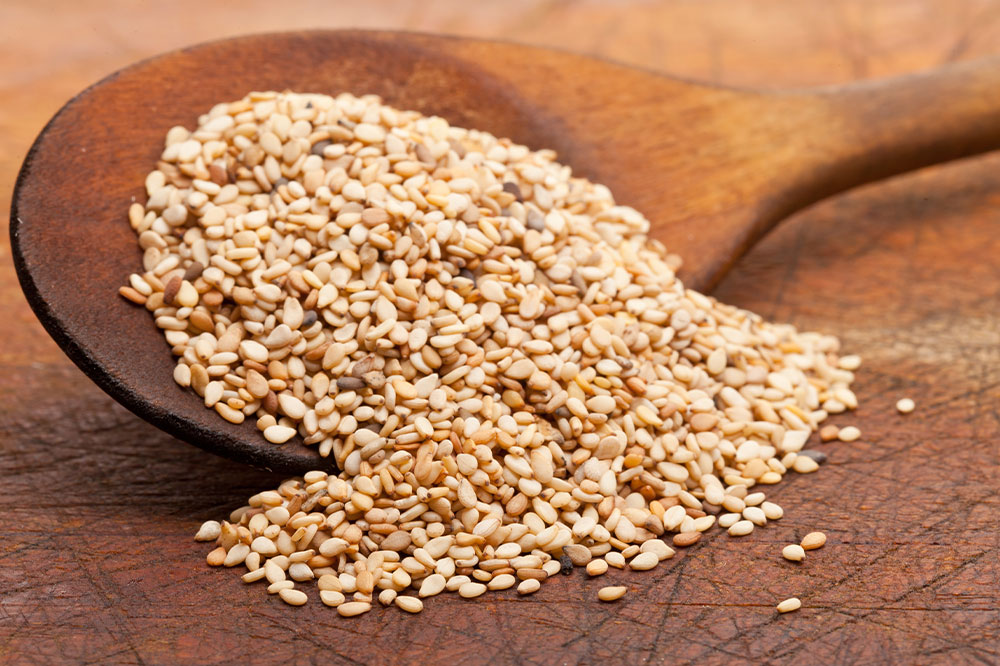Diet Tips for Managing ADHD Symptoms in Children
This article offers practical dietary advice for managing ADHD symptoms in children. It highlights foods to avoid, such as processed foods, artificial colors, and mercury-rich seafood, while emphasizing the importance of balanced nutrition, including omega-3 fatty acids and fresh, healthy foods. Avoiding sugar, caffeine, and certain sensitivities can promote better behavior and overall health. Consulting a healthcare professional is recommended for tailored dietary plans to support children with ADHD effectively.
Dietary Recommendations for Children with ADHD
While diet does not directly cause ADHD, certain foods can act as triggers or exacerbate symptoms. Some dietary components may mimic or worsen behaviors in children with ADHD.
Studies suggest that children with ADHD often have lower levels of essential fatty acids, such as omega-3. Although it's uncertain whether omega-3 supplements can improve behavior, these fatty acids influence brain chemistry and neurotransmitters. ADHD symptoms like increased urination and excessive thirst may also be linked to omega-3 levels.

Maintaining a balance between omega-3 and omega-6 fatty acids is vital for health. Diet plans for children with ADHD should emphasize fish, lean meats, beans, whole grains, vegetables, and fruits. Consulting a nutritionist can provide tailored guidance.
Many believe artificial colors and additives contribute to ADHD symptoms. Limiting intake of brightly colored cereals, candies, sugary drinks, and processed foods may help improve behavior. Opt for fresh, healthy foods over processed options for better overall health.
High doses of vitamins and minerals are not proven to treat ADHD and can be toxic. Focus on balanced nutrition instead. Additionally, fast foods and caffeinated products can worsen symptoms. Specifically, candies loaded with artificial colors and sugar should be avoided, as they increase hyperactivity. Likewise, eliminate caffeinated beverages like sodas and energy drinks, which can induce hyperbehavior.
Frozen fruits and vegetables often contain artificial dyes and are sometimes treated with chemicals like organophosphates, associated with behavioral issues. Avoid baked goods like cake mixes and frostings that contain artificial colors and high sugar content. Energy drinks, with their high sugar and caffeine levels, should also be skipped due to health risks.
Seafood containing mercury—such as tilefish, swordfish, king mackerel, and shark—may intensify ADHD symptoms. Mercury accumulates in the brain and is difficult to eliminate. Consult a healthcare provider to determine safe fish choices.
Many children are sensitive to foods like oranges, grapes, tomatoes, corn, eggs, wheat, soy, chocolate, and dairy products. Eliminating these from their diet might reduce symptoms. Monitoring and adjusting diet based on individual sensitivities can be beneficial.
Disclaimer:
The information provided on this site covers a wide range of topics, aiming to give readers useful insights. While based on research, it should not be considered definitive medical advice. Consult professionals for personalized recommendations. The website cannot be responsible for differences in data accuracy or promotional offers on other platforms.










